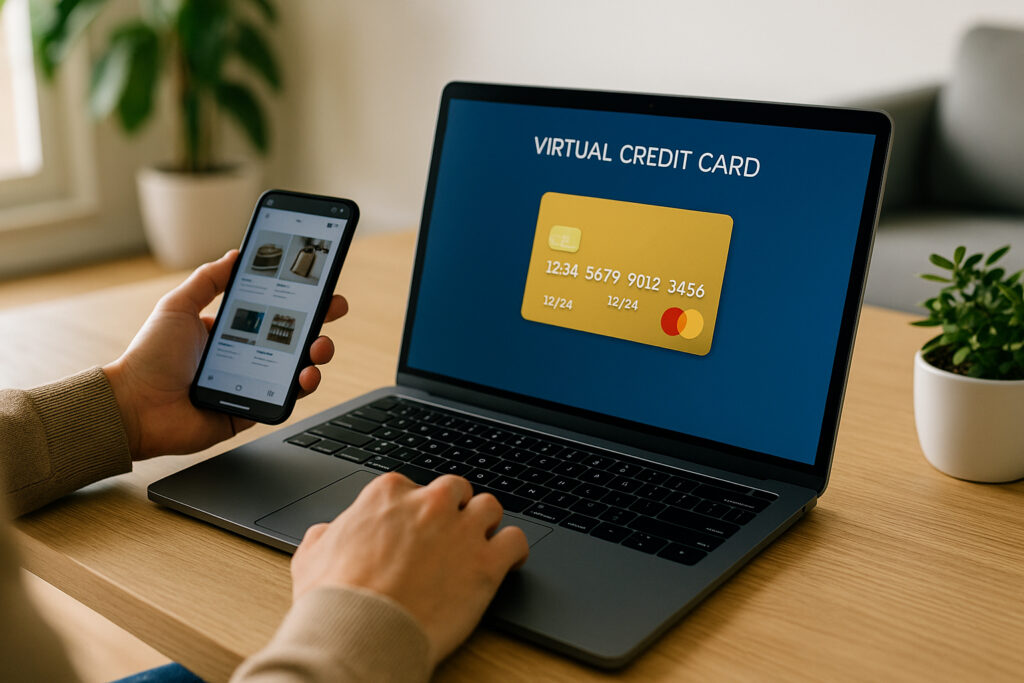As online shopping and digital payments continue to grow in popularity, security has become a top concern for consumers. A virtual credit card — a temporary, digital version of your physical card — offers an added layer of protection when making online purchases. But while it provides excellent fraud prevention and convenience, it’s not the perfect fit for everyone. Understanding how it works can help you decide if a virtual credit card suits your financial habits.
What Is a Virtual Credit Card?
A virtual credit card is a randomly generated card number linked to your existing credit account. Issued by major banks and credit card providers, it allows you to shop online without exposing your actual card number. You can typically set spending limits, expiration dates, or even create single-use cards for specific merchants. These cards work just like physical ones for online transactions but cannot be used in-store unless the merchant accepts digital wallets like Apple Pay or Google Pay.
The Benefits of Using a Virtual Credit Card
The biggest advantage of virtual credit cards is enhanced security. Since each virtual card number is unique and temporary, even if a hacker gains access to it, they can’t use it for future transactions. Many U.S. banks and fintech platforms, including Capital One, Citi, and American Express, offer this feature through their mobile apps or browser extensions. Virtual cards also make it easier to manage subscriptions — you can cancel or pause payments without affecting your main credit card account.
The Potential Drawbacks
Despite the security benefits, virtual credit cards do have limitations. They can’t be used for in-person purchases, returns can be tricky if a merchant requires the original card, and some smaller businesses may not accept them. They also might not work well for car rentals or hotel bookings, where merchants need to verify your physical card. If you frequently make these types of transactions, you may find virtual cards less convenient.
How to Know if It’s Right for You
A virtual credit card is ideal for anyone who frequently shops online or subscribes to digital services. It’s especially beneficial if you’re concerned about data breaches, phishing scams, or unauthorized charges. However, if you primarily use your card for in-person purchases or travel, you may not need one. Many experts recommend keeping both a physical and virtual card for flexibility and maximum protection.
Conclusion
Virtual credit cards offer a smart and secure way to protect your financial information online. For digitally savvy consumers who prioritize privacy and convenience, they can be a valuable tool in everyday transactions. Evaluate your spending habits — if most of your payments happen online, a virtual credit card could be the perfect addition to your financial toolkit.



